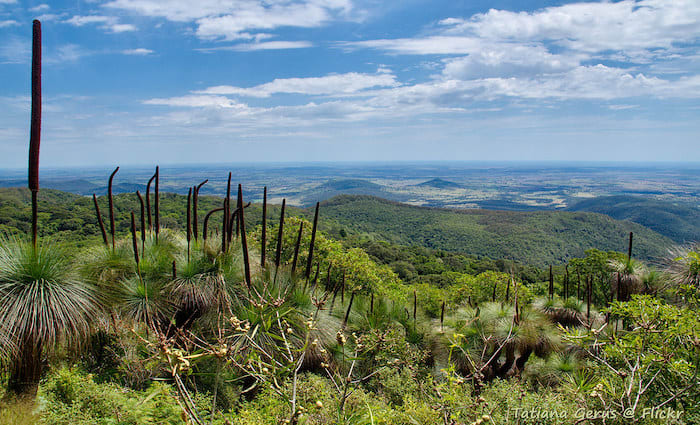Darling Downs region marred by "anxious caution" but slowly gaining ground: HTW rural
The financial viability and challenging Australian climate have forced some long-standing grazing models to evolve in the Darling Downs region, and, therefore impacted the property market, according to the latest rural report from valuation firm Herron Todd White.
A transition towards trading cattle is expected to allow greater turnover and spreading cash flow, however the report found that the recent spike in cattle prices has created some anxious caution in the market.
“Where we are also seeing some conservative buying despite ability to run higher numbers but in some cases trying to spread risk through providing agistment on surplus country,” the firm said.
The rural market in south-east Queensland is starting to witness a slight increase in the number of listings on the back of much needed rain after prolonged drought.
“We are expecting the strong demand to continue as any potential purchasers prior to the rain would view assets more favourably now that they have the ability to stock,” the firm added. At this stage the continued strong demand will likely create a firming in values in the short term until supply equalises buyer demand particularly for grazing assets.
The broadacre farming market has seen unprecedented level of buyer demand, especially towards the back end of 2019, when the drought was impacting on market confidence and, despite the rain, cash flow won’t exist until crops are harvested.
As we are seeing the country go into lock down due to the Coronavirus, this will have an impact on many business and financial markets. To a large degree, the agricultural sector has been insulated from its effects to date, however the ability to source fertilisers, chemicals, parts, labour etc will likely be affected at some stage.
Further risk will also be created by any uncertainty in the financial markets, which will ultimately have the potential to create low investor confidence.
“On the upside, agricultural investments will likely be viewed more positively by investors seeking tangible assets underpinned by the world still needing to feed itself,” the firm added.
A recent pending sale north-east of Dalby, comprising Bottle Tree softwood scrub merging to Ironbark grazing block was placed under contract following three inspections within the first week of listing and reflected circa $5,100 per hectare excluding structures.
The pending sale reflects the continued strong demand evident in the market for smaller scale assets.
Further west near Roma, the market remains strong with the sale of Iona, a 1,543 hectare holding south of Wallumbilla for $6.4 million ($4,148 per acre) to a neighbour at auction.
The full “Month-in-Review” Herron Todd White report for April can be found here.
Note regarding COVID-19
This edition of Month In Review had its topic defined in late February with submissions from our offices collated through to late March. During this period, shifts in the social and economic landscape due to COVID-19 became increasingly dramatic, as demonstrated by the varied information provided by offices over the course of three weeks.
This month’s residential theme on baseline property market drivers remains a common thread, and provides an indication of what influences to monitor as the property sector recovers post-crisis.
